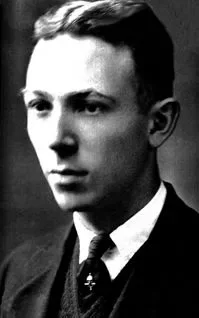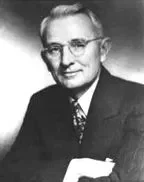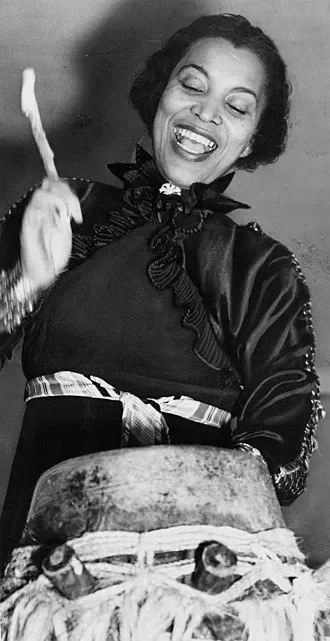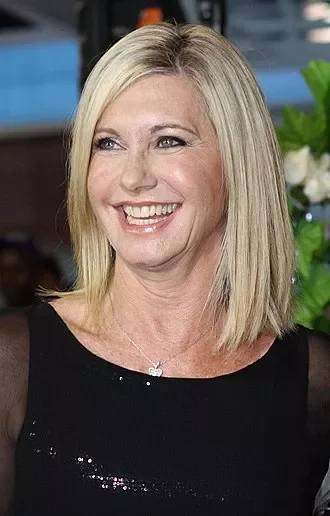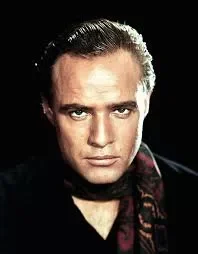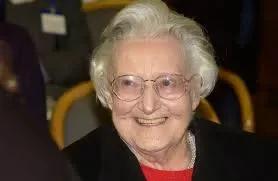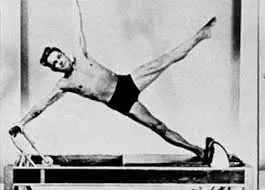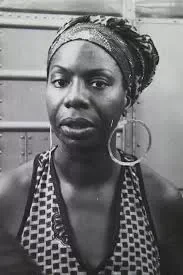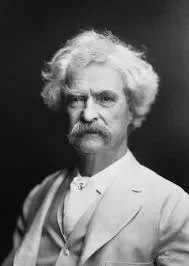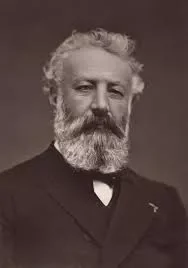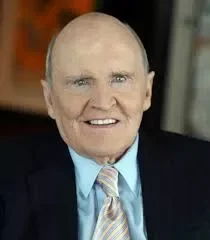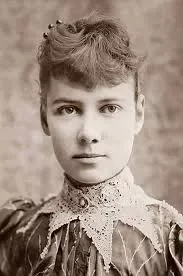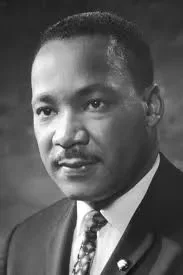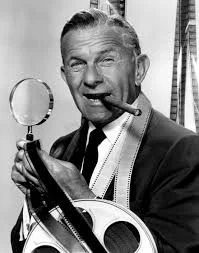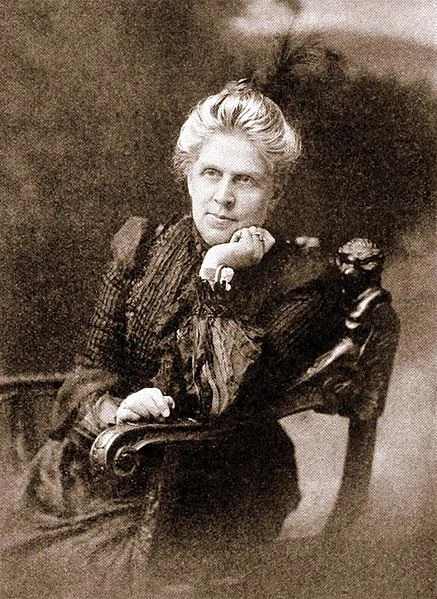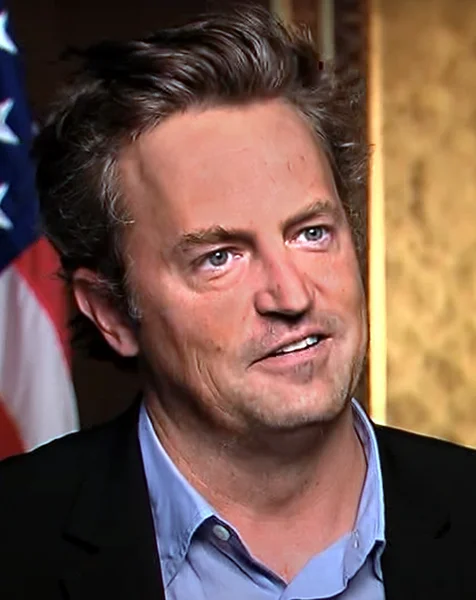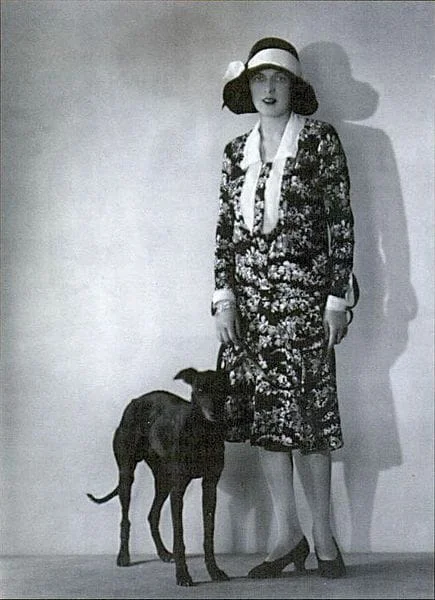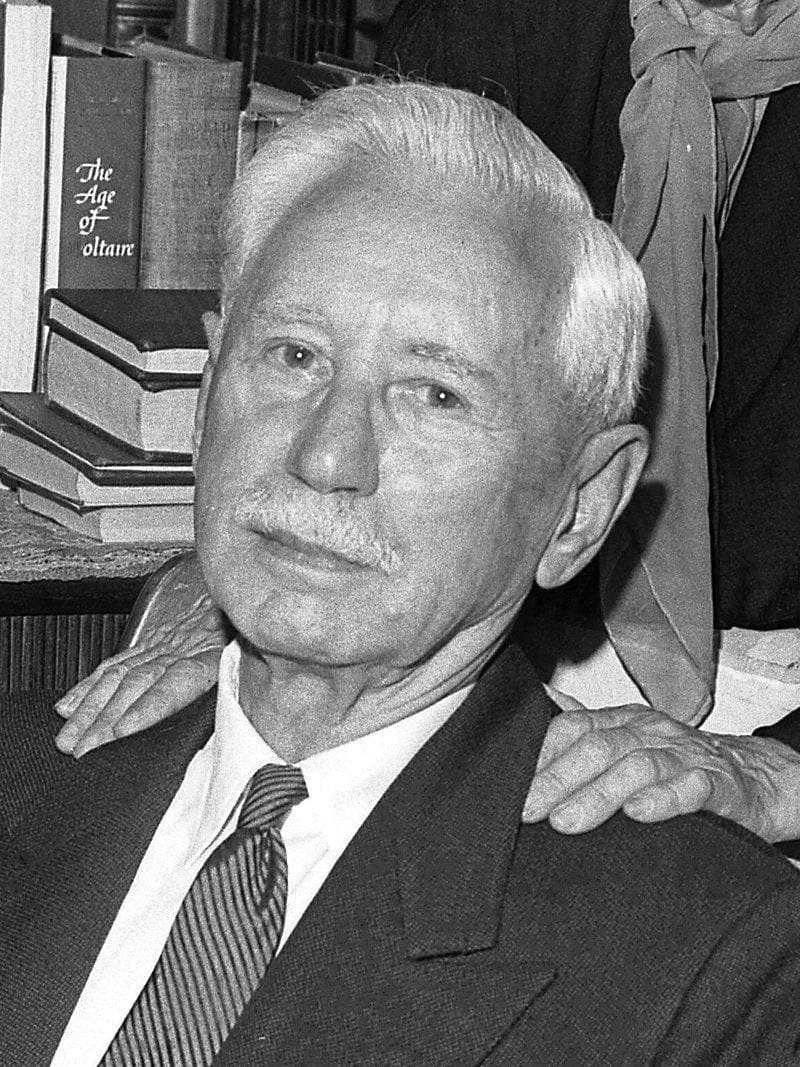Real Celebrities Never Die!
OR
Search For Past Celebrities Whose Birthday You Share

source:wikipedia.org
Betty Friedan
Birthday:
04 Feb, 1921
Date of Death:
04 Feb, 2006
Cause of death:
Heart failure
Nationality:
American
Famous As:
Activist
Age at the time of death:
85
Betty Friedan's Quote's
Early Life and Education
Betty Friedan, born on February 4, 1921, was an American writer, feminist, and women’s rights activist. She played a crucial role in the women’s liberation movement of the 1960s and 1970s, challenging societal norms and advocating for gender equality. Friedan’s early life experiences and her later works greatly impacted the feminist movement and continue to inspire generations of women.
Betty Naomi Goldstein, later known as Betty Friedan, was born in Peoria, Illinois. She grew up in a traditional middle-class Jewish family environment, which influenced her perception of gender roles. Her father operated a successful jewelry store, and her mother focused primarily on household duties. Betty’s intelligence and ambition propelled her to graduate summa cum laude from Smith College in 1942.
Early Career and Personal Life
After completing her education, Friedan pursued a career in journalism. She worked for various publications, including the Federated Press and the United Electrical, Radio, and Machine Workers of America. In 1947, she married Carl Friedan and had three children. Friedan experienced personal frustrations and a sense of unfulfillment while juggling her roles as a wife, mother, and professional.
Publication of “The Feminine Mystique”
In 1963, Betty Friedan published her groundbreaking book, “The Feminine Mystique.” This influential work explored the notion that many women of her generation felt unfulfilled as housewives and sought greater purpose in their lives. The book challenged the widely accepted belief that women could find complete fulfillment in domesticity alone. Friedan’s writings ignited the second wave of feminism and became a catalyst for changing societal views on gender roles.
Founding of the National Organization for Women (NOW)
Following the success of “The Feminine Mystique,” Friedan co-founded the National Organization for Women (NOW) in 1966. NOW became a prominent advocacy group for women’s rights, working to promote gender equality through lobbying, litigation, and public awareness campaigns. Friedan served as the organization’s first president and played a significant role in shaping its feminist agenda.
Advocacy and Legislative Impact
As an activist, Friedan fought for numerous women’s issues, including equal pay for equal work, reproductive rights, and the eradication of gender-based discrimination. Her efforts led to significant legislative advancements, such as the Equal Pay Act of 1963 and Title IX, which prohibited sex discrimination in education.
Later Writings and Continued Activism
Alongside her activism, Friedan persisted in writing and publishing throughout her lifetime. She authored several more books, covering topics such as aging and the role of women in society. Her works provided critical insights into the challenges faced by women across different stages of their lives.
Legacy and Recognition
Betty Friedan remained committed to the feminist cause until her death on February 4, 2006, her 85th birthday. Her legacy as a pioneering feminist and advocate for gender equality continues to inspire women today. Recognition of her contributions includes being named one of the “100 Most Important Women of the 20th Century” by Time magazine and being awarded the Presidential Medal of Freedom by President Bill Clinton in 1998.
Impact on Society
Betty Friedan’s life and work revolutionized the way society perceives women’s roles. Her courage to challenge societal norms and advocate for gender equality has had a lasting impact on the feminist movement. Through her writings and activism, Friedan paved the way for future generations of women to strive for equal rights and opportunities. Her remarkable legacy serves as a reminder that one individual can ignite transformative change and reshape society.
Name:
Betty Friedan
Popular Name:
Betty Friedan
Gender:
Female
Cause of Death:
Heart failure
Spouse:
Place of Birth:
Peoria, Illinois, U.S.A
Place of Death:
Washington, D.C., U.S.A
Occupation / Profession:
Personality Type
Commander Bold, Imaginative and strong willed leaders always finding a way or making one. Her powerful leadership skills led her to become a prominent activist.
Friedan was an active participant in political activism throughout her life. She campaigned for various causes, including reproductive rights, workplace equality, and LGBTQ+ rights.
In 1966, Friedan co-founded the National Organization for Women (NOW), one of the largest and most influential feminist organizations in the United States.
The Feminine Mystique," published in 1963, is often credited with sparking the second wave of feminism..
Eleanor Roosevelt Leadership Award
Honorary doctorate of humane letters from Smith College
Honorary doctorate of humane letters from the State University at Stony Brook
Humanist of the Year from the American Humanist Association (1975)
Induction into the National Women’s Hall of Fame

